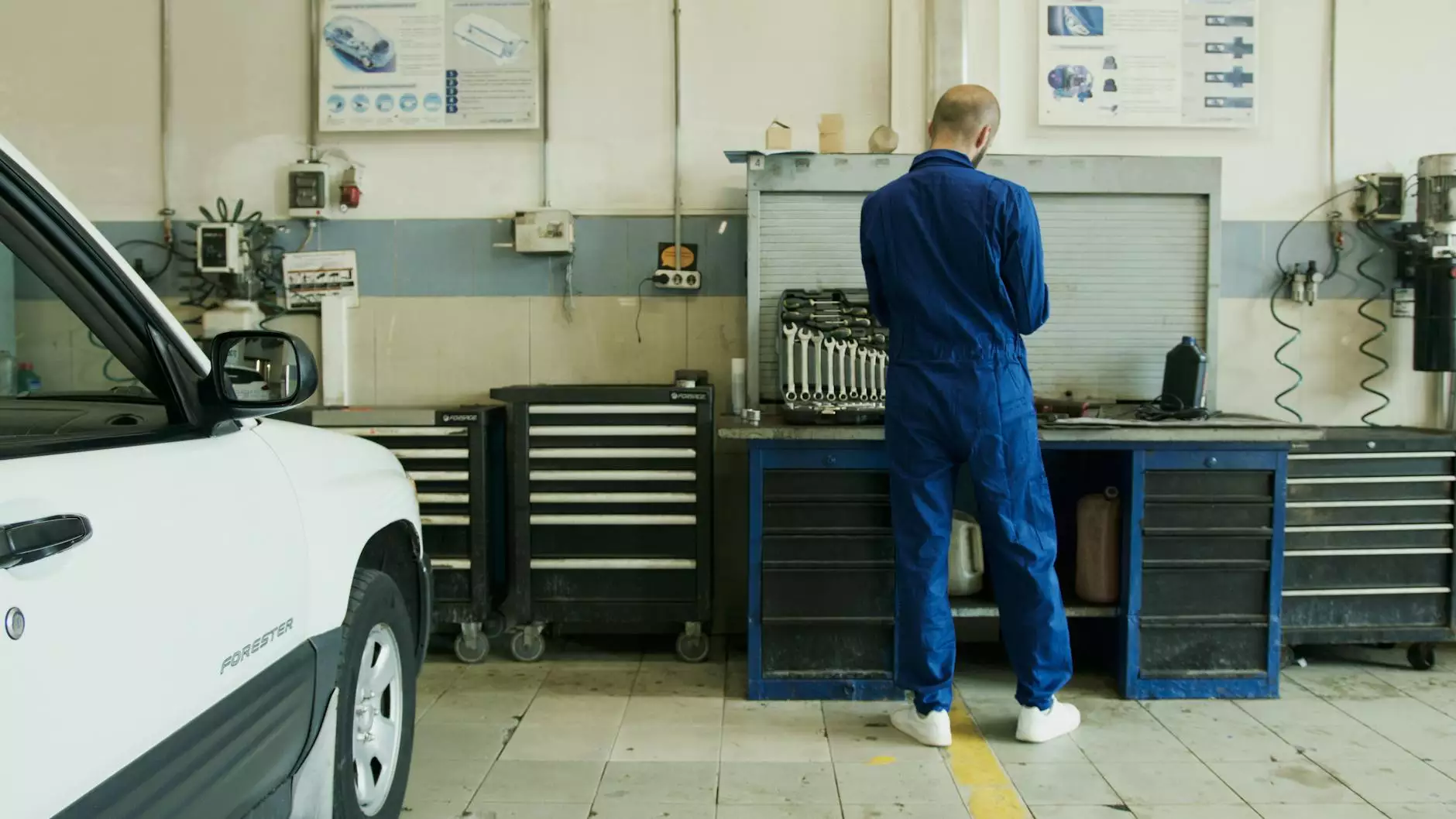The Essential Role of Street Cleaning Cars in Urban Maintenance

In the bustling environment of modern cities, maintaining cleanliness is more crucial than ever. One of the unsung heroes of urban maintenance is the street cleaning car. These specialized vehicles play an essential role in keeping our roads, sidewalks, and public spaces clean, ensuring improved aesthetics and hygiene for urban dwellers.
Understanding the Technology Behind Street Cleaning Cars
Street cleaning cars are not just ordinary vehicles; they are equipped with sophisticated technologies that enhance their efficiency and effectiveness. These vehicles come in various configurations, each designed to tackle specific cleaning tasks.
Types of Street Cleaning Cars
- Vacuum Street Sweepers - These use powerful suction to collect dirt, debris, and leaves from the street surfaces.
- Mechanical Sweepers - These utilize rotating brushes to sweep the debris into a hopper, making them highly effective for larger particles.
- Water Spraying Sweepers - These cars use water to dislodge grime and dust, preventing it from becoming airborne and polluting the environment.
Key Features of Modern Street Cleaning Cars
Today’s street cleaning cars are equipped with a multitude of features designed to optimize performance. Here are some of the most notable:
- Environmental Considerations: Modern models often utilize eco-friendly technologies, including hybrid engines and advanced filtration systems, minimizing their carbon footprint.
- Advanced Navigation Systems: GPS and mapping software help in planning efficient routes, ensuring that every inch of the street is covered without excessive time and energy waste.
- User-Friendly Interfaces: Operators can easily control various functions from a centralized dashboard, allowing for swift adjustments on the job.
The Economic Benefits of Street Cleaning Cars
Investing in street cleaning cars yields numerous economic benefits for cities and municipalities:
- Enhanced Property Values: Clean streets can significantly boost property values, making neighborhoods more attractive to potential buyers.
- Tourism and Visitor Experience: A clean urban environment is likely to draw tourists, contributing to the local economy.
- Reduced Maintenance Costs: Regular street cleaning minimizes wear and tear on road infrastructure, leading to lower repair and maintenance expenses.
Social and Health Implications of Street Cleaning
Beyond economic factors, the social implications of clean streets are profound:
- Improved Public Health: By removing trash and debris, street cleaning cars help mitigate the spread of diseases associated with poor sanitation.
- Enhanced Community Pride: Clean streets foster a sense of community pride and belonging, encouraging residents to take better care of their local environment.
- Safety Improvements: Regular cleaning reduces hazards, such as broken glass or litter, thereby improving the safety of walking and driving for everyone.
The Environmental Impact of Street Cleaning Cars
Urban areas often face challenges related to air and water pollution. Street cleaning cars contribute significantly to mitigating these issues:
Water Pollution Reduction
By removing debris that could otherwise wash into storm drains, street cleaning vehicles prevent pollution in local waterways. This helps maintain the ecological balance, protecting aquatic life and ensuring cleaner drinking water.
Air Quality Improvement
Street cleaning cars contribute to better air quality by reducing dust and particulates from the streets. Regular sweeping prevents these materials from becoming airborne, benefiting the health of urban residents.
Maximizing the Effectiveness of Street Cleaning Cars
To ensure that street cleaning cars operate at peak efficiency, municipalities should implement several best practices:
Regular Maintenance
Routine maintenance is crucial to prevent breakdowns and extend the lifespan of street cleaning vehicles. This includes checking and replacing filters, maintaining the suction system, and ensuring all mechanical parts are in good condition.
Consistent Scheduling
Establishing a consistent cleaning schedule helps in managing expectations for the community and ensures that streets remain clean on a regular basis.
Community Involvement
Engaging the community through awareness campaigns about the importance of cleanliness can foster a greater cooperative spirit, with residents contributing by reporting areas that need attention.
Case Studies of Successful Street Cleaning Initiatives
Several cities have implemented successful street cleaning programs that can serve as models:
San Francisco, California
San Francisco has invested heavily in eco-friendly street cleaning cars that utilize hybrid technology. The city’s efforts have resulted in cleaner streets and improved air quality, demonstrating a commitment to sustainability.
New York City, New York
New York City’s comprehensive street cleaning initiative includes consistent scheduling and night cleaning operations, improving the cleanliness of its bustling streets and enhancing the overall visitor experience.
Tokyo, Japan
Tokyo employs advanced robotic street cleaning technology. This innovative approach not only keeps the streets clean but represents a fusion of technology and urban management that exemplifies effective urban cleanliness strategies.
Future Trends in Street Cleaning Technology
As urban areas grow, the demand for efficient street cleaning cars will continue to rise. Emerging trends include:
Automation and Robotics
The future of street cleaning looks towards automation. Robotic street cleaners that can operate independently may revolutionize how cities maintain cleanliness, reducing labor costs and increasing operational efficiency.
IoT Integration
The Internet of Things (IoT) will likely play a significant role. Smart street cleaning cars equipped with sensors and connectivity can provide real-time data about city cleanliness, enabling municipalities to respond effectively.
The Importance of Collaboration with Cleaning Equipment Manufacturers
For cities looking to enhance their street cleaning operations, collaboration with manufacturers like Ceksan Sweepers can lead to customized solutions that fit specific urban needs. By assessing a city's unique challenges and working closely with experienced manufacturers, municipalities can ensure they choose the best street cleaning cars for their requirements.
Accessibility to Parts and Support
Working with reputable manufacturers ensures easy access to spare parts and technical support, critical for maintaining operational efficiency. A well-established relationship can significantly reduce downtime and repair costs.
Conclusion: The Indispensable Role of Street Cleaning Cars in Urban Life
In conclusion, street cleaning cars are vital for urban maintenance. They not only keep streets clean but also contribute to public health, economic prosperity, and environmental sustainability. Cities that prioritize investments in efficient street cleaning technologies will reap the benefits of enhanced community aesthetics, improved air and water quality, increased property values, and overall better living conditions.
It is evident that the continued evolution of street cleaning technology, alongside growing awareness of urban environmental issues, will pave the way for smarter, cleaner, and more sustainable cities.









